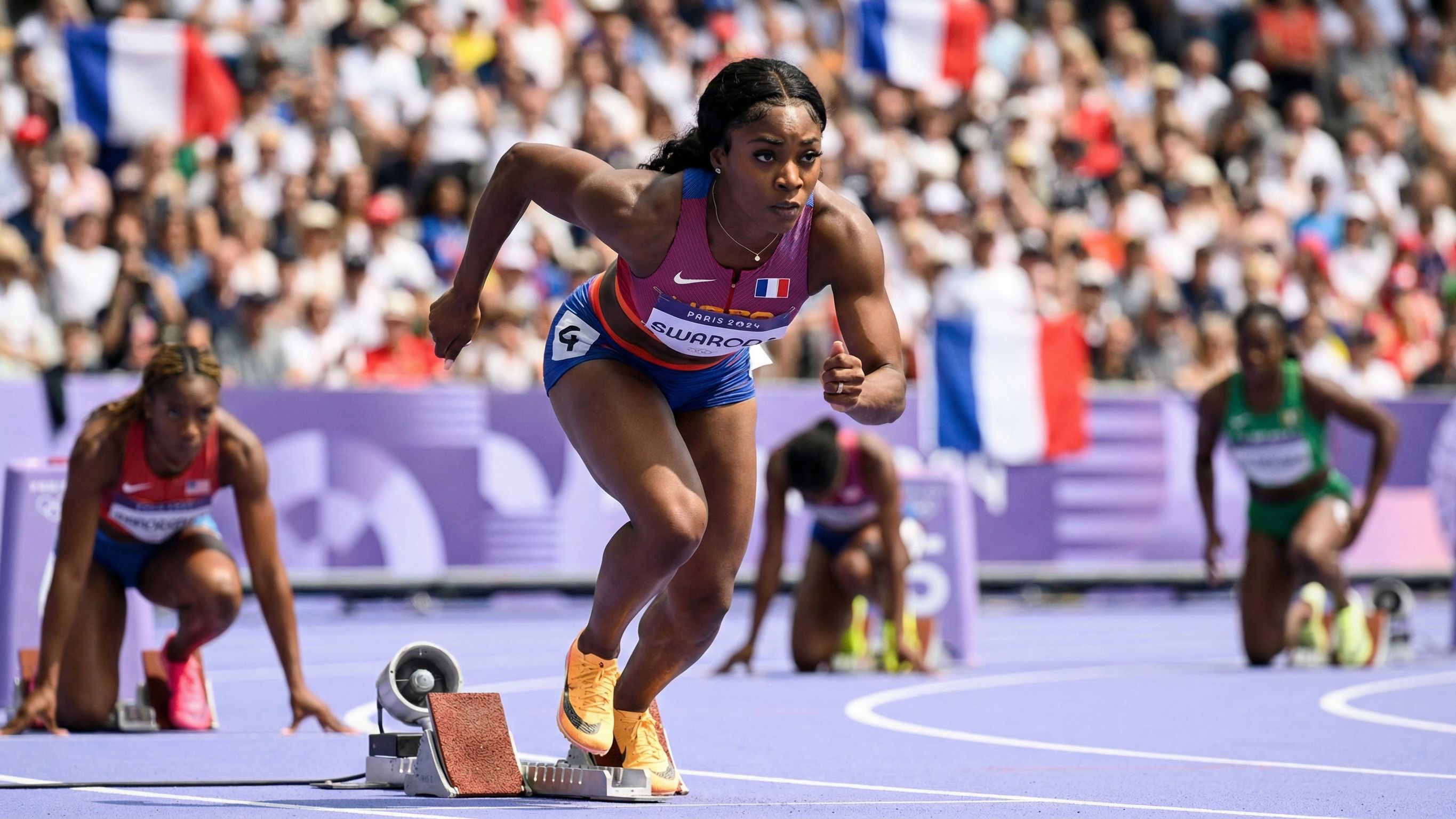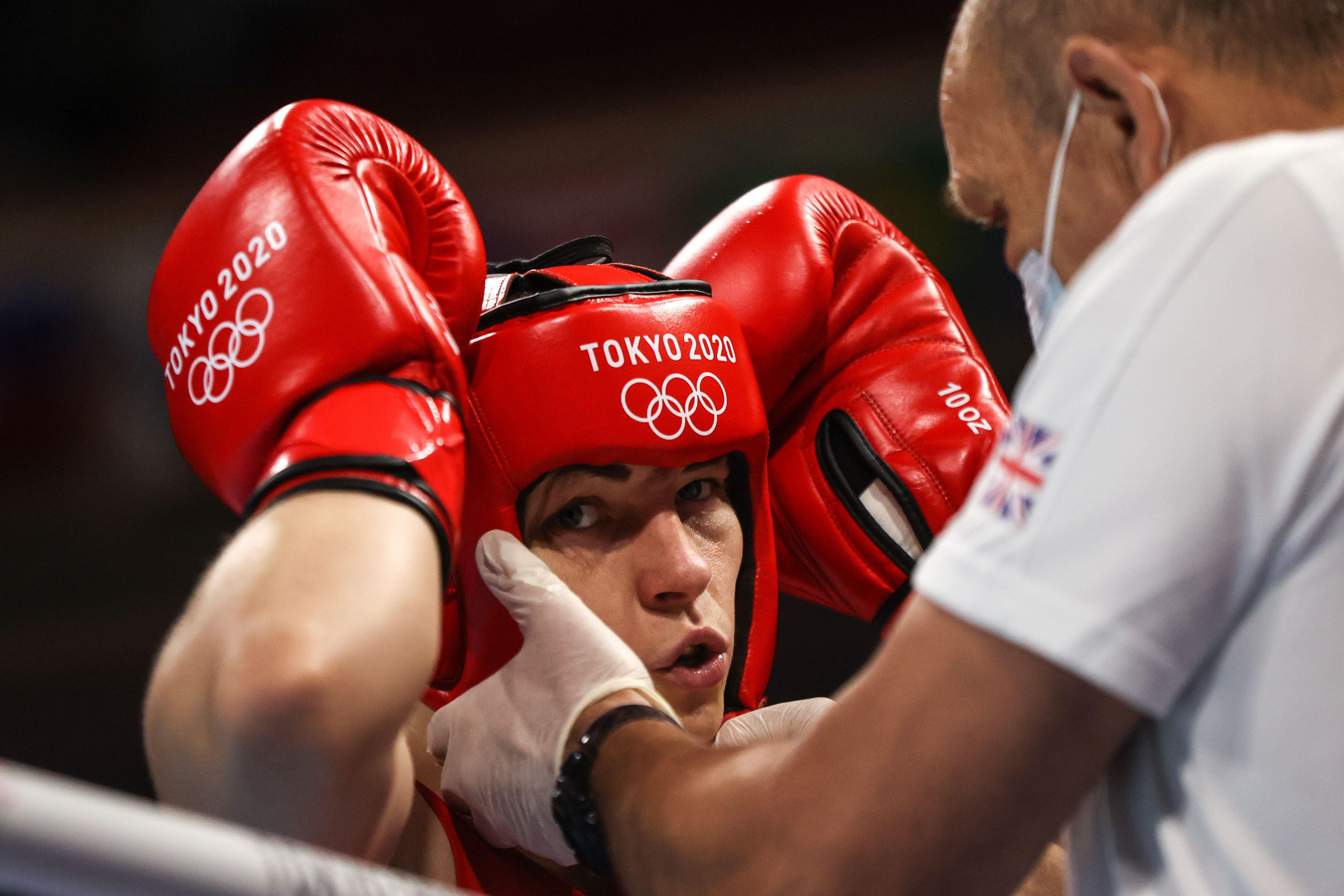Key Performance Metrics Every Athlete and Coach Should Track

By Chris Connelly | BSc (Hons) MSc ISPAS Level 5
Head of Performance | England Boxing
In today's competitive sports landscape, tracking the right performance metrics can significantly influence coaching effectiveness and athlete progression. However, with vast amounts of data available, which key performance metrics should every coach prioritise?
Physical Metrics
Coaches must monitor fundamental physical metrics, such as speed, acceleration, strength, endurance, and flexibility. Utilising GPS trackers and wearable technology allows precise measurement of speed and distance covered, while strength assessments provide insights into muscular development and injury prevention. Regular endurance tests, like VO2 max evaluations, offer essential data to inform conditioning programmes.
Technical Metrics
Technical proficiency directly impacts athlete performance. Metrics including pass completion rates, shot accuracy, and technical error counts enable coaches to pinpoint areas requiring targeted skill development. Consistent tracking helps identify technical trends, allowing interventions that enhance overall athlete proficiency.
Tactical Metrics
Understanding tactical execution is crucial. Metrics such as positional data, decision-making speed, successful tactical interventions, and adherence to game strategy help evaluate an athlete’s understanding of game plans. Coaches can use this data to refine strategies, ensuring athletes perform effectively within the tactical framework.

In the build up to the Tokyo Olympics for example, we knew Lauren Price had a fantastic chance of winning gold as she was already world number one and reigning world champion. There was a specific opponent who caused the biggest threat to this. Therefore all of their previous matches were analysed in detail to look at the tactical elements of the fight. The below image shows Lauren going over these metrics with her coach and performance analyst (myself) before going onto beating this opponent and becoming olympic champion.
Physiological Metrics
Monitoring physiological responses is critical for performance and recovery management. Metrics such as heart rate variability (HRV), resting heart rate, and recovery time inform coaches about athlete readiness, fatigue levels, and adaptation to training loads. This information is essential for tailoring training intensity and preventing overtraining.
Psychological Metrics
Psychological readiness often differentiates good athletes from elite performers. Metrics such as motivation levels, perceived exertion, stress, and confidence ratings provide insights into an athlete’s mental state. Regular monitoring helps coaches implement psychological interventions that foster resilience, mental toughness, and sustained high performance.
Recovery and Injury Prevention Metrics
Injury prevention and effective recovery significantly impact athlete availability and performance longevity. Tracking sleep quality, nutrition adherence, injury occurrences, and recovery durations help coaches understand patterns that may indicate increased injury risk. Proactive interventions based on these metrics maintain athlete health and optimise performance potential.
Data-Informed Decisions for Coaching Excellence
Effective coaches integrate these key metrics into their training and competition strategies, making informed decisions that drive consistent performance improvement. Accurate data collection, analysis, and interpretation ensure coaches remain proactive rather than reactive, maximising athlete development and competitive success.

